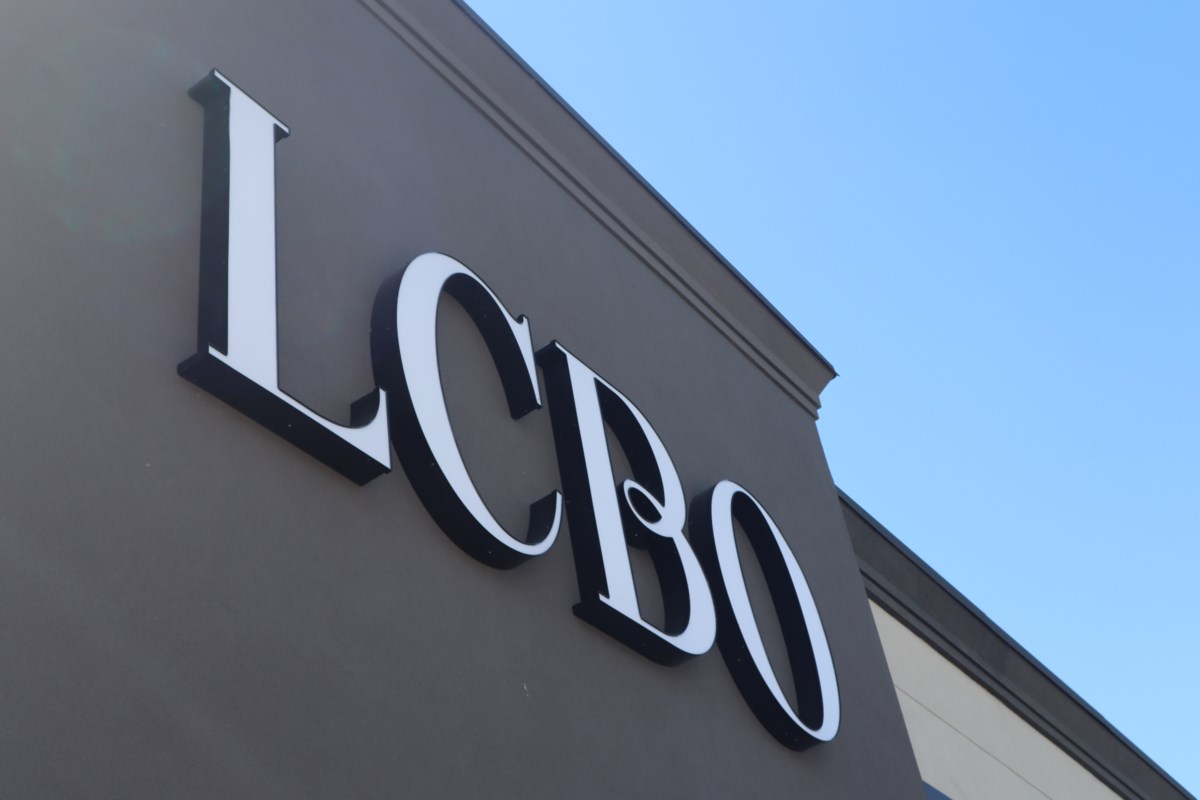PRESS RELEASE
BROCK UNIVERSITY
*************************
Nine thousand workers at the unionized Liquor Control Board of Ontario (LCBO) walked off the job on Friday, closing the doors of thousands of stores across the province and launching the first strike in the retailer’s history.
Shops are expected to remain closed for at least 14 days.
Dan Malleck, a professor of health sciences at Brock University, says that while the strike itself is historic, the fact that alcohol is more readily available today than it used to be means that store closures “won’t be as big a deal as they were 30 years ago when the LCBO was the main point of contact.”
After months of negotiations, the Ontario Public Service Employees Union (OPSEU) and the LCBO have failed to agree on a wage increase, calls for more full-time jobs and a desire for an update to the collective agreement that would protect both existing jobs and the future of the LCBO itself.
“Private retailers are not bound by union membership and are not required to pay their employees a living wage. So their concerns about their jobs are entirely justified,” says Malleck.
The LCBO was created after Prohibition in 1927, under the guiding principle of what he called disinterested management, he says. It served to balance the public’s desire for access to alcohol with temperance concerns about the potential dangers of alcohol. With disinterested management, the priority was controlling access, not profit.
“Fundamental to the idea of the LCBO is the ‘C’ – control – and the LCBO union has always presented itself as the first control body for access to this product that could be seen as problematic,” says Malleck. “However, the union’s rhetoric now revolves around the loss of profits for people rather than control, which is an interesting formulation because the LCBO and its union have previously emphasized their expertise in controlling access to alcohol.”
For decades, the LCBO continued to operate under this control-oriented model, and there were few calls for comprehensive change.
“The LCBO has been a hands-on steward of alcohol and a very attractive revenue generator, and there hasn’t been a huge public outcry to do it differently,” Malleck says of the retailer’s role in alcohol sales in the province.
However, the strike times coincide with the Ford government’s recent move to allow convenience stores and all grocery stores to sell beer, wine and ready-to-drink cocktails early.
The timing really helped the union’s position, Malleck says, “because some people might get the impression that the expansion of sales is happening haphazardly. The union can take advantage of those concerns that it’s happening too quickly.”
Malleck also says the continued increase in alcohol sales will inevitably impact the LCBO’s position in the market to some extent, potentially leading to store closures and lost revenue due to increased competition.
Another sticking point with OPSEU was the inclusion of ready-to-drink spirits in the plan to expand retail sales.
“Typically, beer, wine and cider are private sales and spirits are still controlled by the province, so offering these pre-mixed beverages is a break from that model,” he says. “It does open the door for liquor sales in stores, but I think it would be a really big deal in Ontario if that were to happen.”
However, when it comes to the safety and health impacts of increased access to alcohol across Ontario, he believes concerns may be overblown.
“The idea of alcohol being sold by for-profit companies can make it seem like we’re losing control – I’m not sure that’s the case – but it’s on people’s minds and we see it every time there’s a move to liberalise any aspect of alcohol sales,” he said. “With alcohol regulation, there are always people who think that any further liberalisation is going to cause utter social chaos, but that’s not the case.”
*************************



